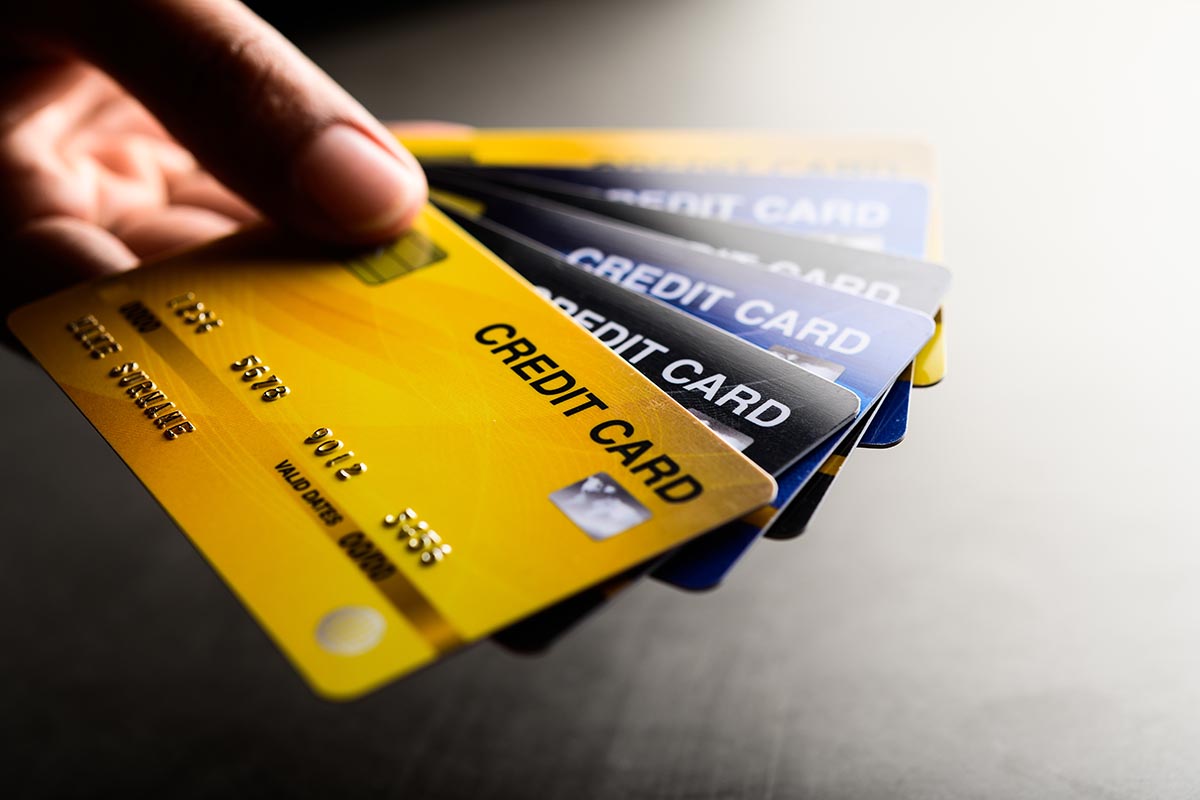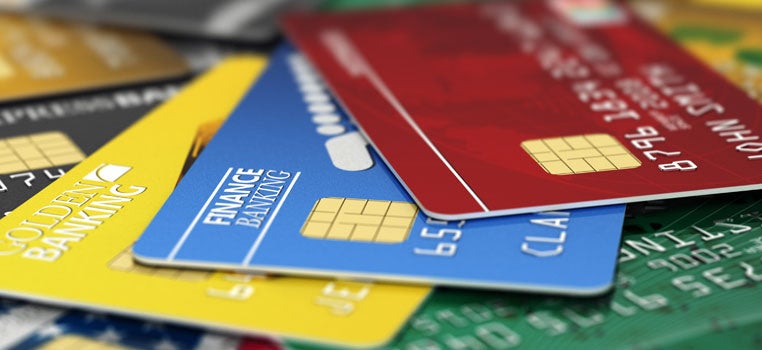Is There Such Thing As Too Many Credit Cards
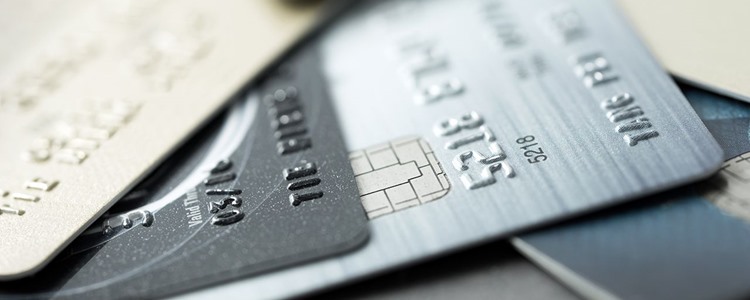
The allure of rewards points, cashback offers, and the perceived financial flexibility of credit cards is undeniable. But at what point does accumulating credit cards become a financial liability rather than an asset? The question of whether there's such a thing as "too many" credit cards is a complex one, with experts offering varied perspectives.
This article examines the potential benefits and drawbacks of holding multiple credit cards, exploring the factors individuals should consider before expanding their wallet’s plastic collection. It delves into the potential impact on credit scores, spending habits, and overall financial well-being.
The Upside of Multiple Credit Cards
Having multiple credit cards can offer several advantages, primarily related to rewards programs and credit utilization. By strategically using different cards for different spending categories, consumers can maximize rewards like cashback, travel miles, or points.
A healthy credit utilization ratio, the amount of credit used compared to the total credit limit, is a crucial factor in credit scoring. Spreading balances across multiple cards can help keep utilization low, potentially boosting your credit score. For example, if you have a $1000 balance, having a total credit limit of $10,000 by having multiple cards would be seen as good. However, having a total credit limit of $1,000 would be seen as bad, according to Experian.
Credit mix, having various types of credit accounts, is another factor considered by credit bureaus. A mix of credit cards, loans, and other credit products can demonstrate responsible credit management, positively influencing your credit report. A credit card can also act as an emergency fund.
The Downside of Multiple Credit Cards
Despite the potential benefits, holding too many credit cards can lead to serious financial challenges. One of the biggest risks is overspending. The availability of multiple credit lines can tempt individuals to spend beyond their means, leading to accumulating debt.
Keeping track of multiple cards, their due dates, and interest rates can become overwhelming. Missed payments, even on a single card, can negatively impact your credit score and incur late fees.
According to TransUnion, opening too many accounts within a short period can raise red flags for lenders. It may signal financial instability and reduce your chances of being approved for future credit. Also, you need to pay an annual fee for some credit cards. If you are not getting any benefit from these cards, it is unnecessary to have these cards.
The Impact on Credit Score
The impact of multiple credit cards on your credit score is complex and depends on individual circumstances. While low credit utilization and a diverse credit mix can be beneficial, the potential for missed payments and increased debt can offset these advantages. If you have not been managing your credit card payments responsibly, it is a better idea to have only one credit card.
FICO, a leading credit scoring agency, emphasizes the importance of responsible credit management. Opening several credit cards to increase your overall credit limit is not going to raise your credit score. You need to spend money on your credit card responsibly, and you need to pay it on time.
According to the Consumer Financial Protection Bureau (CFPB), consumers should carefully consider their ability to manage multiple credit accounts before applying for new ones. Otherwise, it is easier to fall into debt.
Finding the Right Balance
There's no magic number for how many credit cards is "too many." The ideal number depends on your individual financial situation, spending habits, and ability to manage credit responsibly. It is okay if you only have one credit card or multiple credit cards. Managing your credit card responsibly is the most important thing.
Before applying for a new credit card, assess your needs and financial goals. Do you need it for specific rewards, or are you simply tempted by the offer? Having a large number of credit cards will not make you rich.
Regularly monitor your credit report to check for errors and ensure your credit accounts are being reported accurately. Consider using budgeting tools or apps to track your spending and avoid overspending. If you notice the interest rate is high, you should try to pay off the loan as soon as possible.
"Ultimately, the decision of how many credit cards to have is a personal one," says Ted Rossman, Senior Industry Analyst at CreditCards.com. "Focus on responsible credit management rather than chasing rewards at all costs."
By carefully evaluating your financial situation and managing your credit responsibly, you can leverage the benefits of multiple credit cards while avoiding the potential pitfalls. The key is to be informed and make decisions that align with your long-term financial well-being.
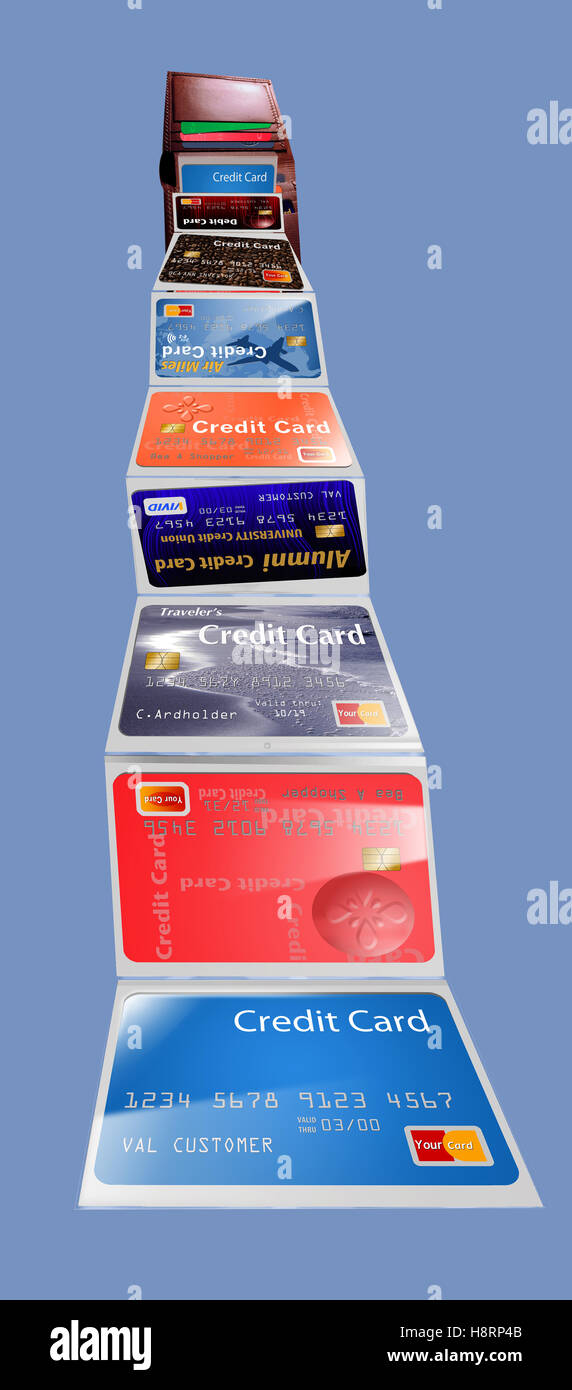
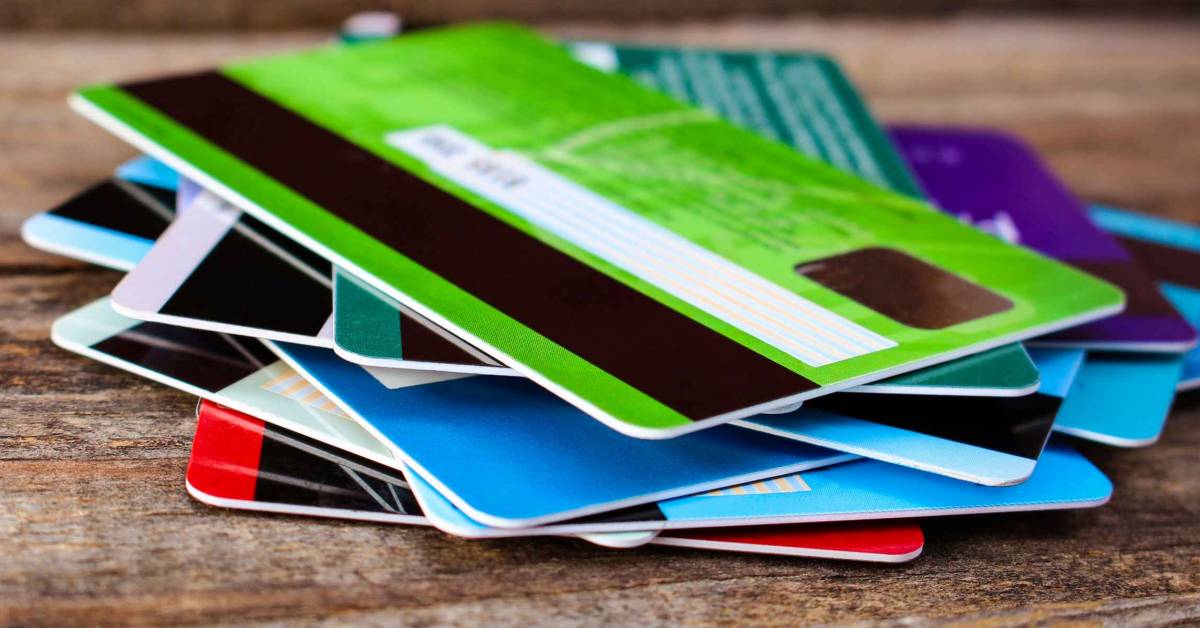




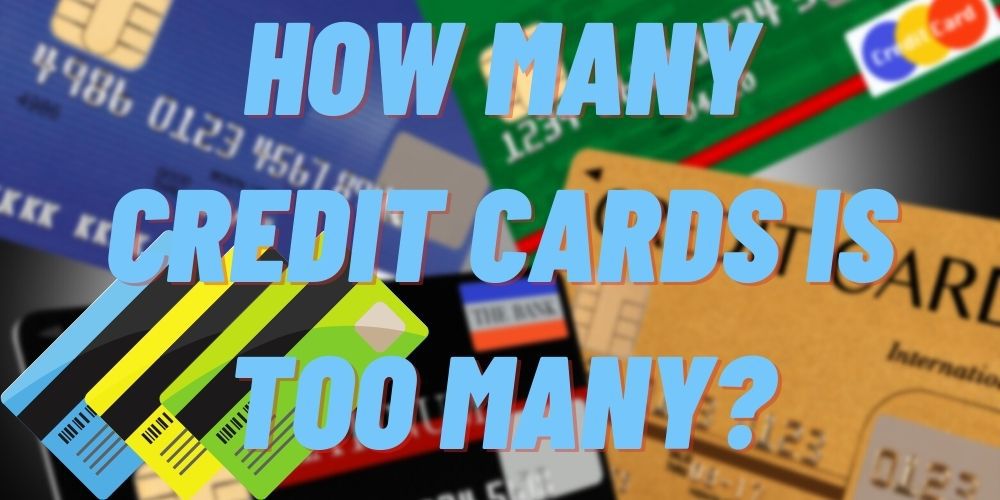



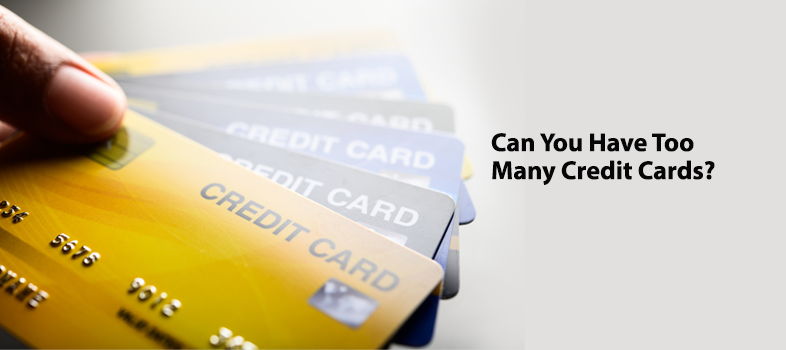

:max_bytes(150000):strip_icc()/why-too-many-credit-cards-can-hurt-your-credit-score.asp-Final-96e60d0140bc430c910c6a130a333abf.png)


